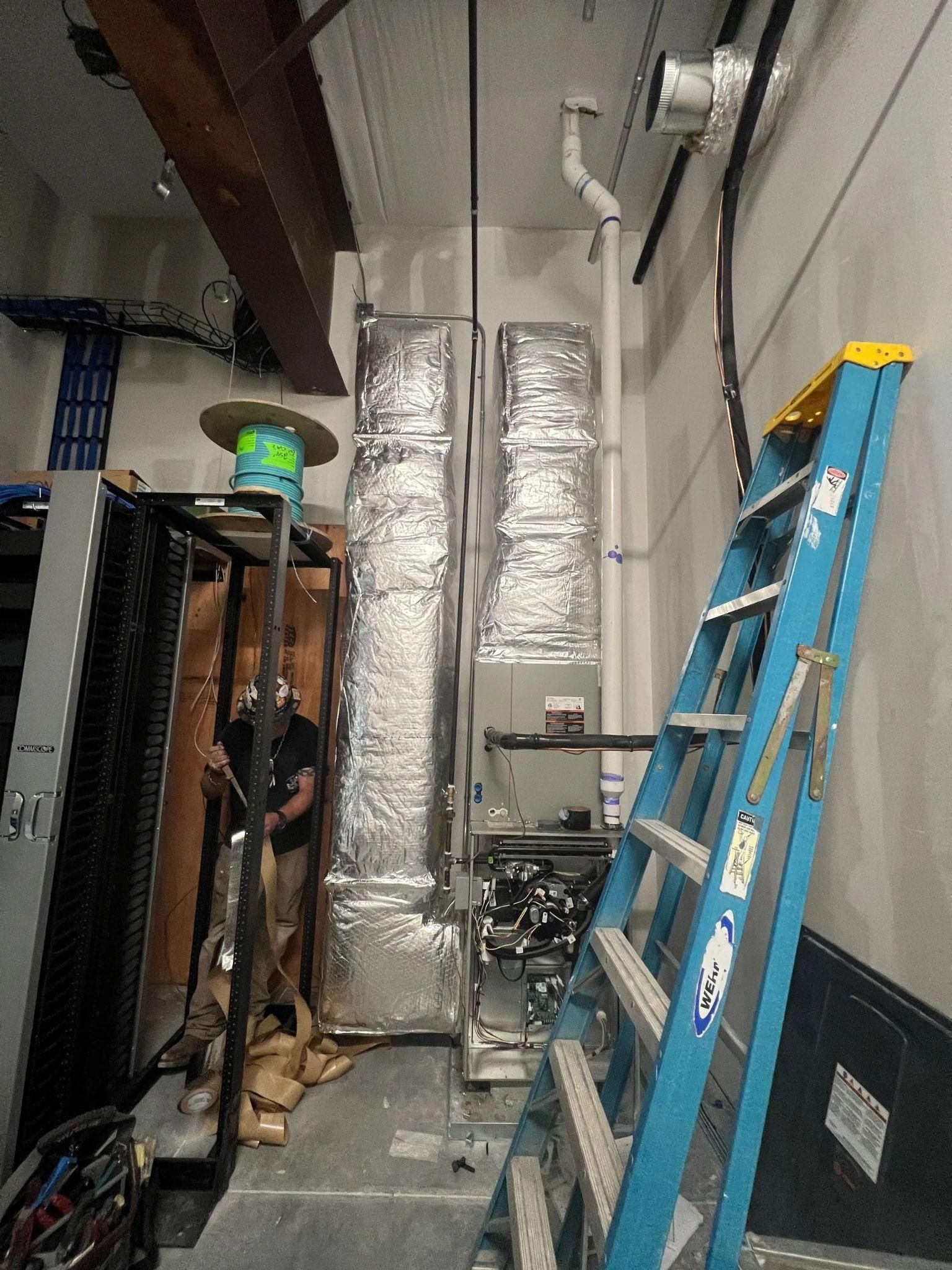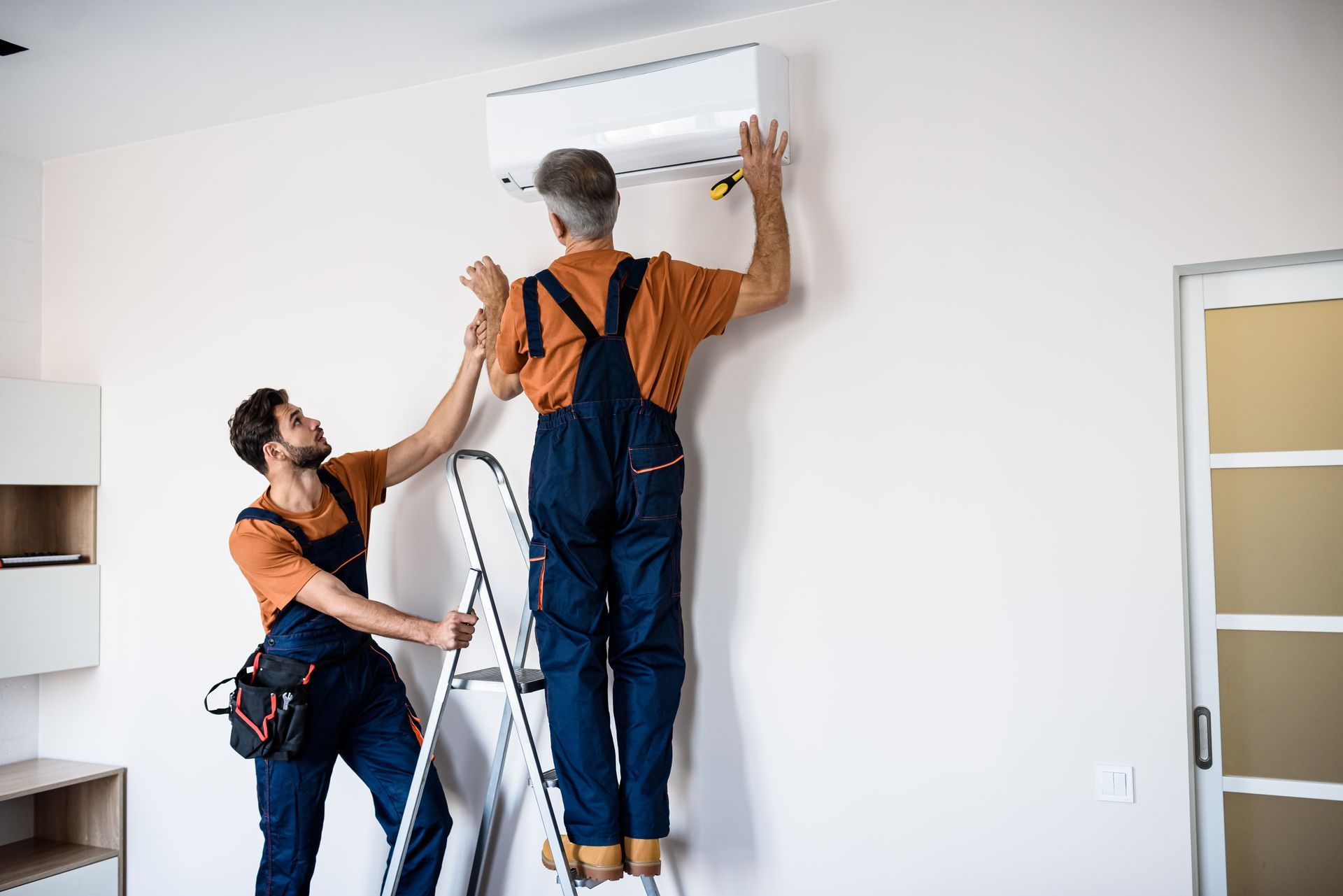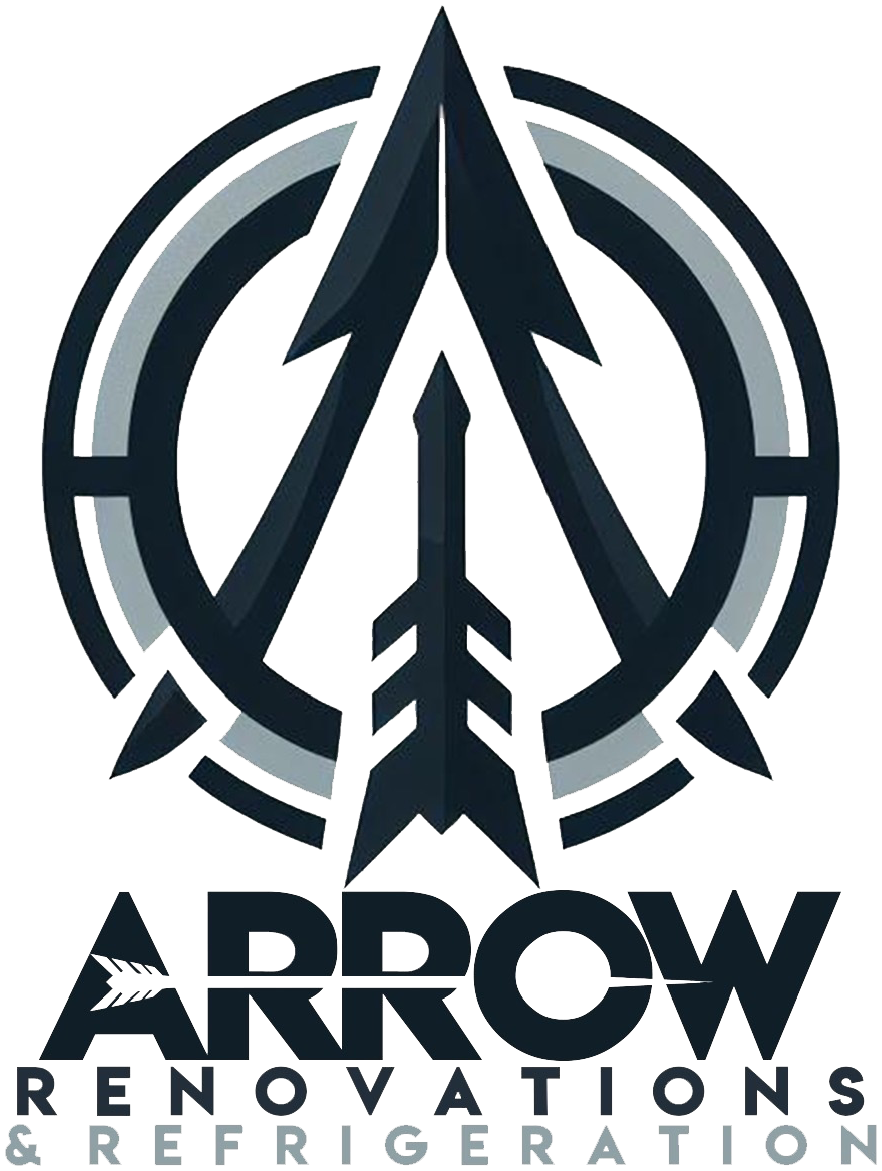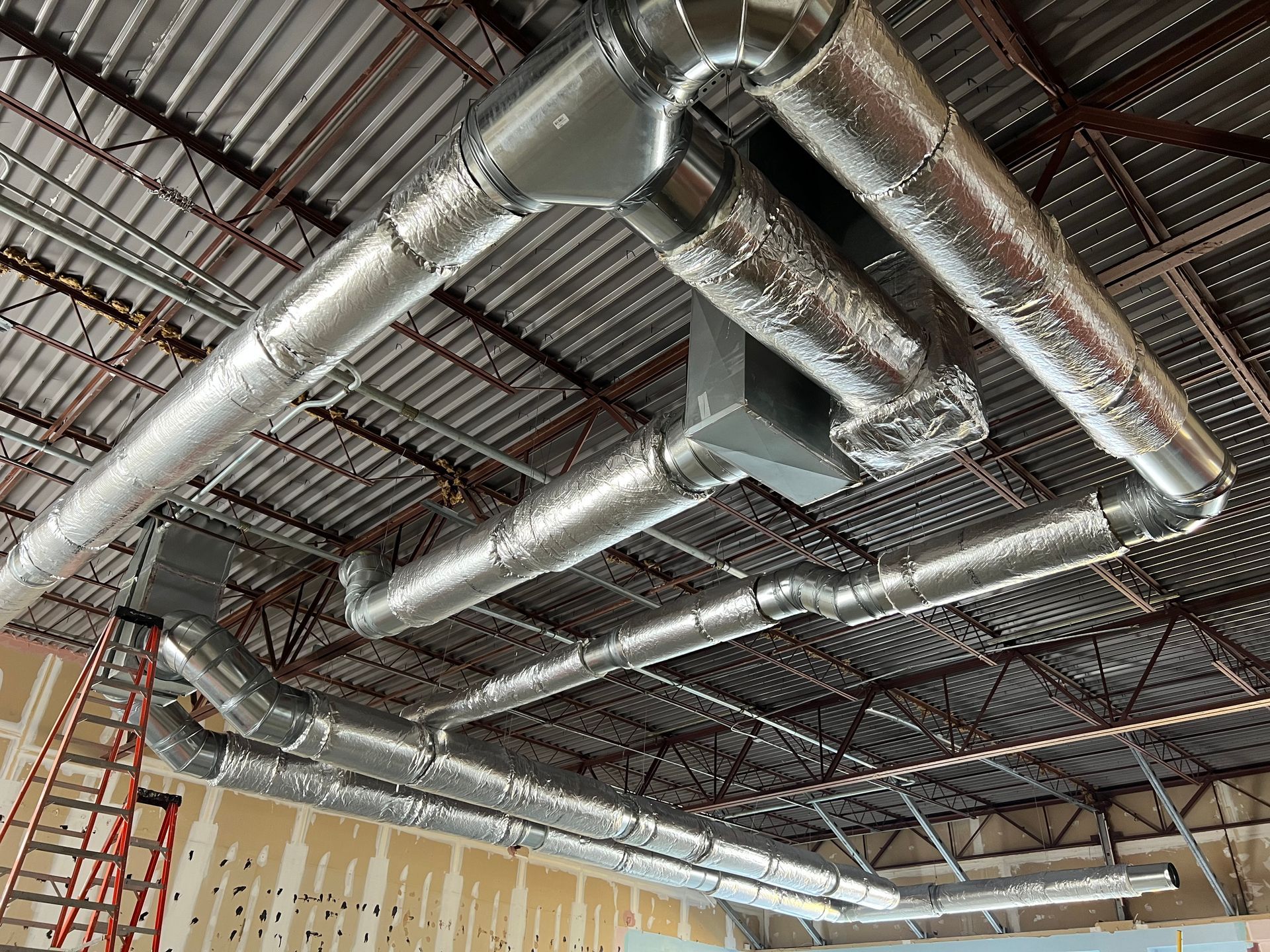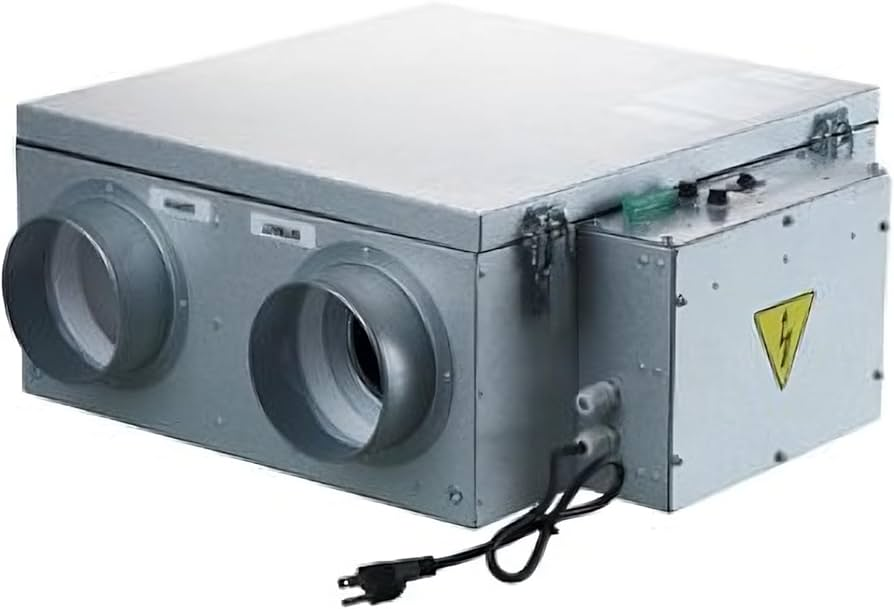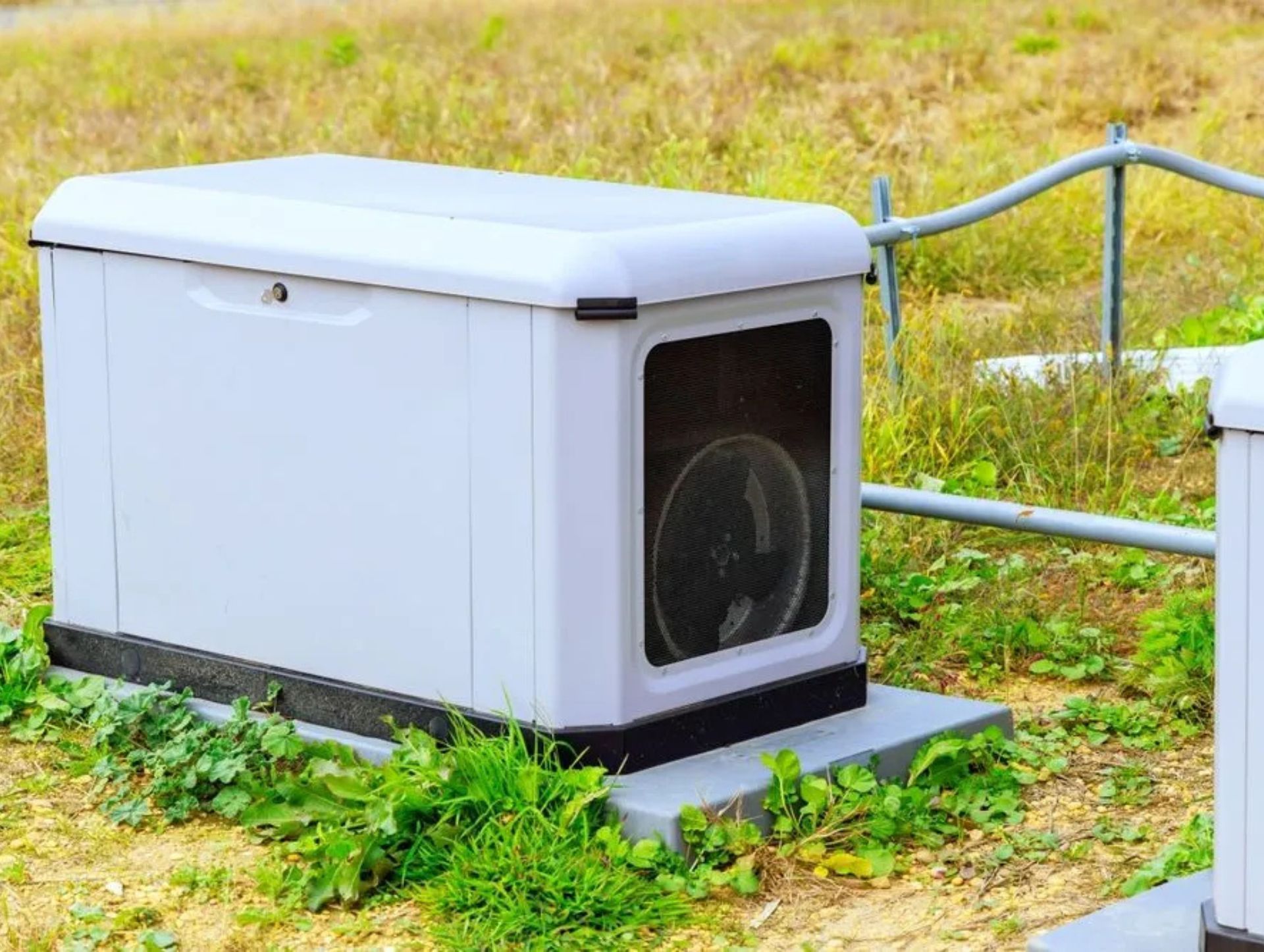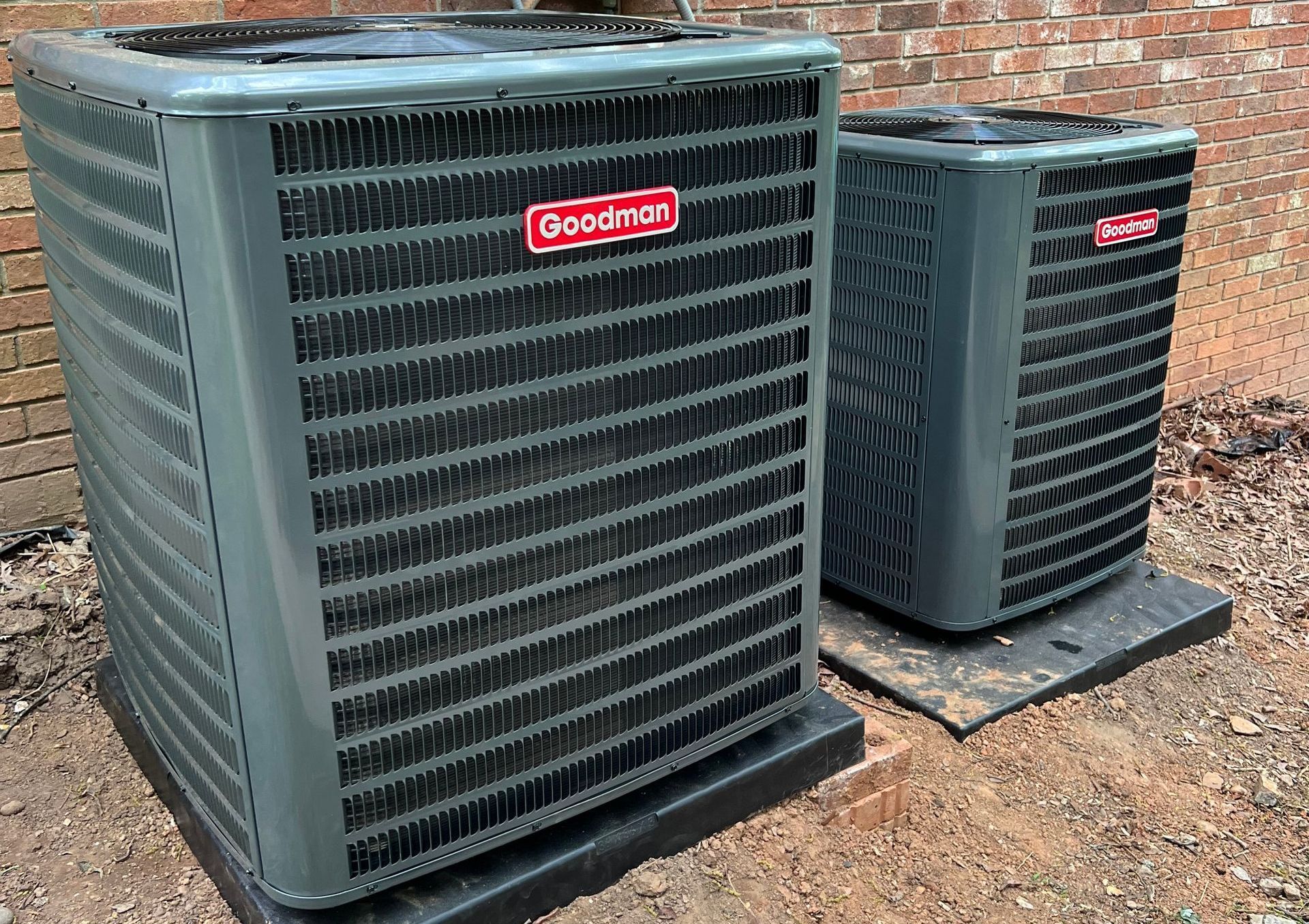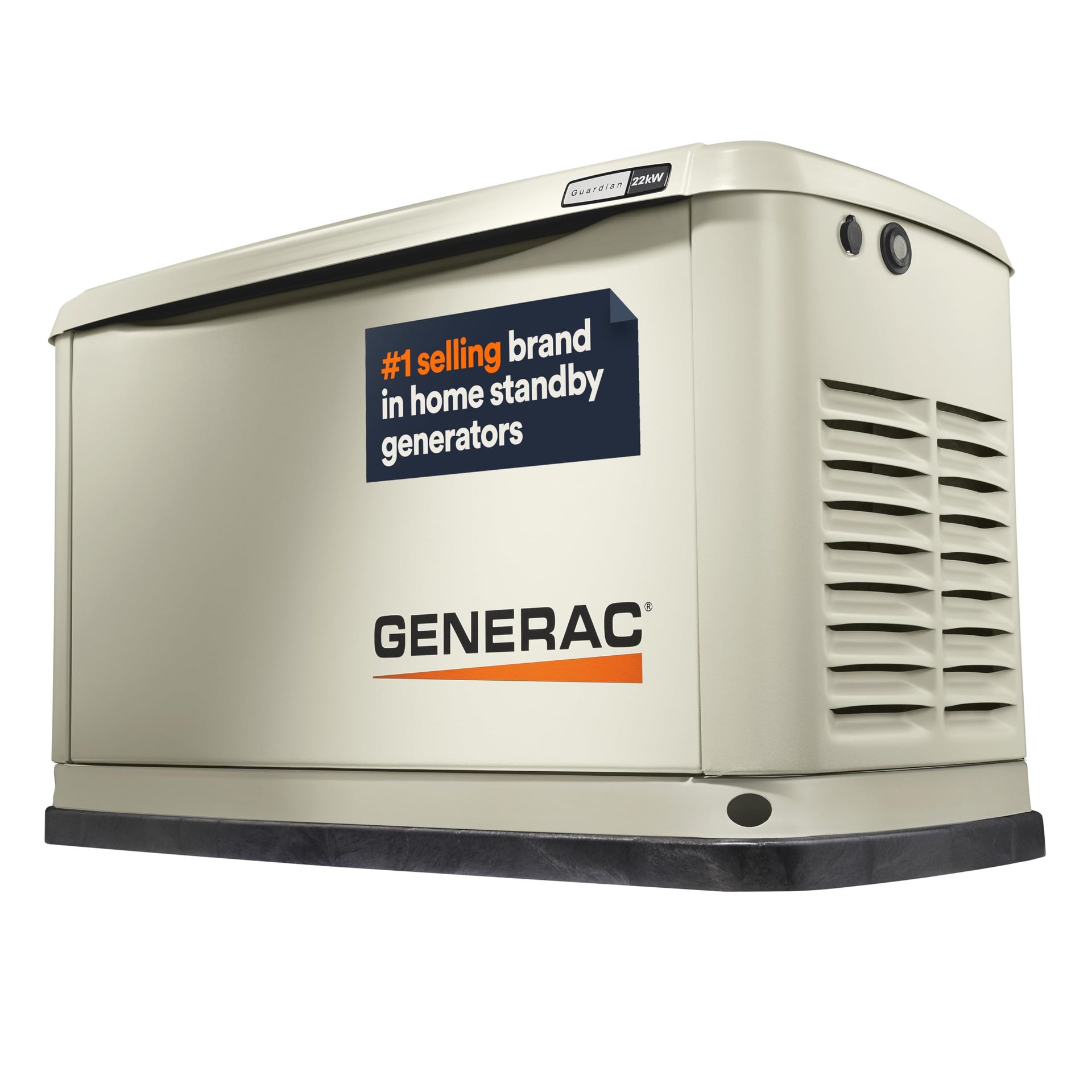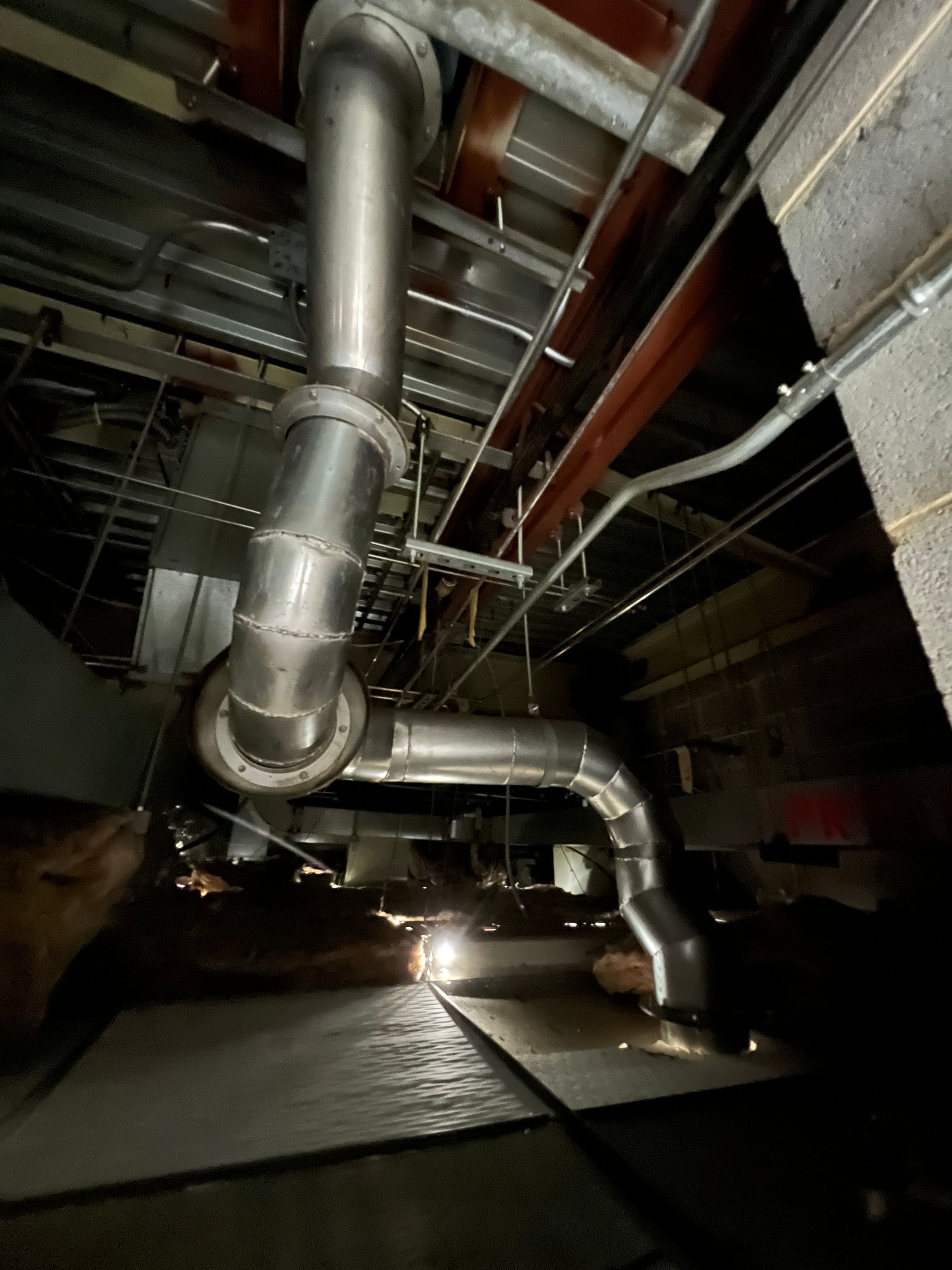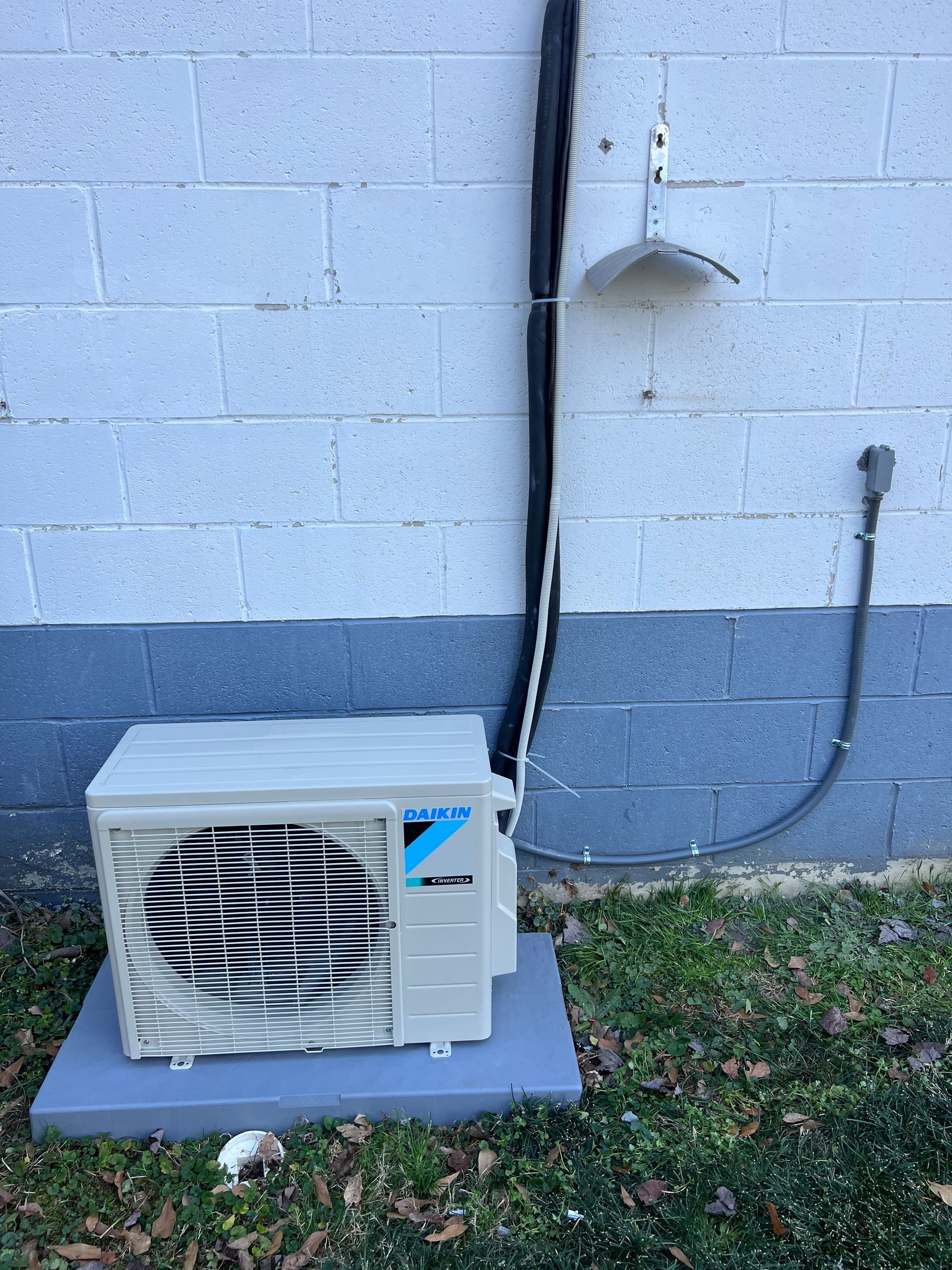New HVAC vs. Repair: When Is It Time to Replace Your System?
When your HVAC system starts acting up, it’s tough to know what to do. Should you fix it or replace it with a brand-new one? Repairs might seem cheaper right now, but if your system is older or keeps breaking down, a replacement might be the better choice in the long run.
This guide will walk you through what to look for, what it might cost, and how to decide what’s best for your home.
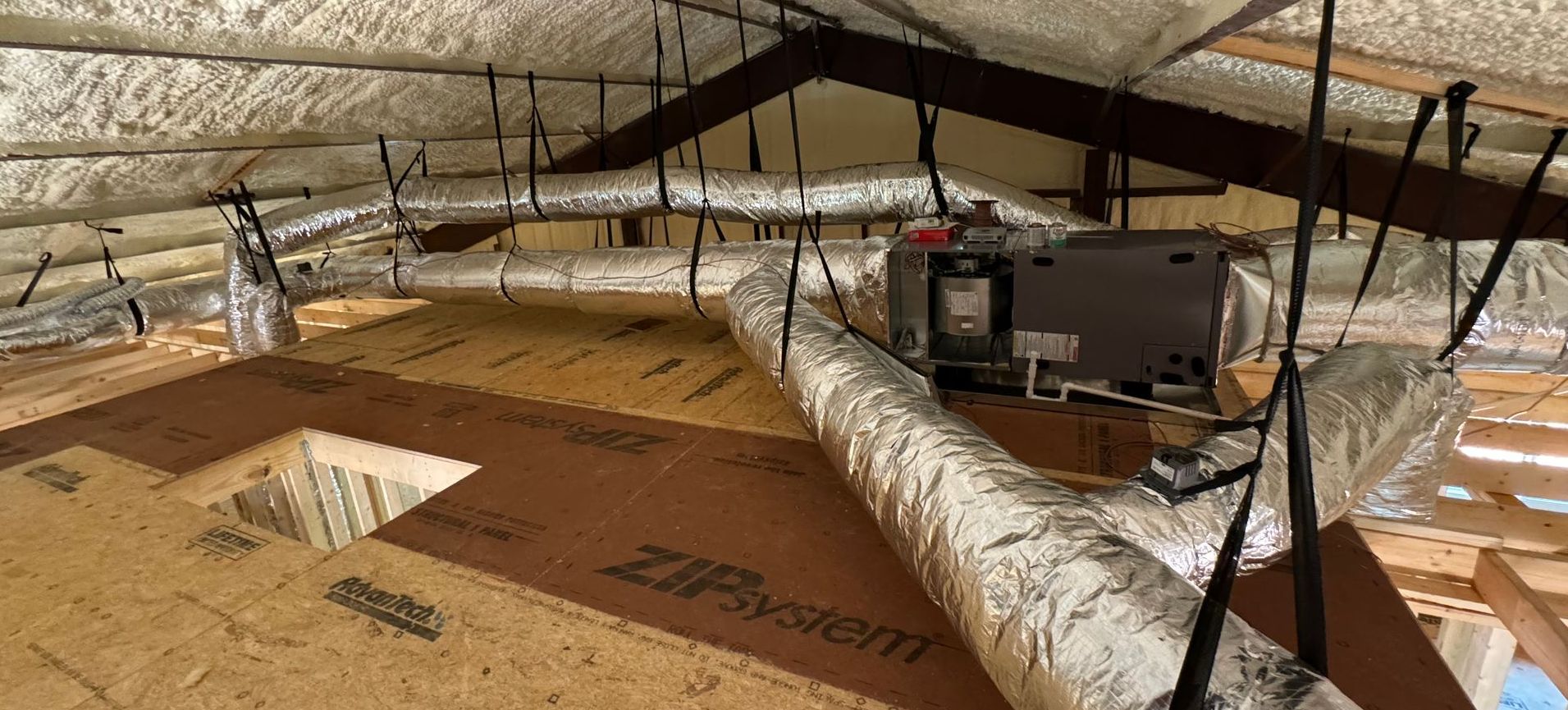
How Long Should an HVAC System Last?
Most HVAC systems last between 10 and 15 years. Some last longer if they’re well taken care of, but once yours hits that age range, problems tend to show up more often.
Things that shorten the life of your system include:
- Lack of maintenance
- Running the system all day, every day
- Dirty filters or blocked vents
If your system is more than 10 years old and giving you trouble, it might be time to think about replacing it.
Common HVAC Repair Problems
Some HVAC issues are easy and cheap to fix. Others keep coming back or cost a lot.
Common repair problems include:
- Leaking refrigerant
- Faulty blower motor
- Broken thermostat
- Dirty coils
If you’re fixing something new every year or spending hundreds of dollars each time, it adds up fast. At that point, repair might not be the smart choice.
Signs You Should Replace the System
Here’s how to tell if it’s time for a new HVAC system:
- Your system is over 10 to 15 years old
- You’ve had multiple costly repairs recently
- Your house never feels comfortable
- Your energy bills are climbing every month
- The system is making weird noises or smells
If you’re seeing more than one of these signs, talk to an expert.
Benefits of Replacing Your HVAC System
A new HVAC system can save you money and make your home feel better all year long.
Benefits include:
- Lower energy bills thanks to better efficiency
- Cleaner air and better humidity control
- Quieter performance
- May qualify for tax credits, rebates, or longer warranties
Modern systems are built to be stronger, smarter, and safer.
Cost of Repair vs. Replacement
Cost of Repair
Repairs usually cost between $150 and $2,000, depending on the part. But those costs add up if problems keep happening.
Replacement
A full system replacement might cost $5,000 to $12,000, depending on the size of your home and the type of system. If repairs cost more than half of what a new system would cost, it’s usually better to go with a replacement.
How Your Energy Bills Help You Decide
Older systems work harder and waste more power. If your utility bills keep rising, it’s a sign your system isn’t running efficiently.
New systems have higher SEER ratings (that’s a score that shows how efficient they are). The higher the SEER, the more money you save on energy.
Why You Should Call a Pro
An HVAC expert can inspect your system and tell you what’s really going on. They’ll explain your options and give you a clear estimate.
Trying to guess on your own can lead to more costly problems. A licensed tech will help you make the right call for your home and budget.
Importance of Regular Maintenance
Keeping your HVAC system in good shape can help you avoid bigger problems later. Regular tune-ups keep everything working efficiently and can extend the life of your system.
A technician can:
- Check your system for worn parts
- Clean coils and filters
- Make sure your thermostat is working right
Even new systems need regular maintenance to keep your home comfortable.=
Environmental Impact of Old HVAC Systems
Old systems don’t just use more energy, they can also be bad for the environment. They may use outdated refrigerants and waste more electricity.
Replacing your system with a new, energy-efficient model can:
- Reduce your carbon footprint
- Cut down on harmful emissions
- Help you follow updated environmental rules
It’s good for your wallet and the planet.
How to Choose the Right HVAC System for Your Home
Picking a new system isn’t just about the price. You also want something that fits your home size, energy goals, and long-term needs.
Look for:
- The correct size based on square footage
- Good SEER ratings for energy savings
- Systems with quiet operation
- Options with smart thermostat compatibility
Talk with a technician to get a recommendation based on your specific house layout and budget.
Understanding HVAC Warranties
Warranties can save you big money if something breaks down. When comparing new systems, always ask about the warranty.
Most HVAC systems come with:
- Manufacturer warranties (usually 5 to 10 years)
- Optional extended warranties
- Limited coverage on labor and parts
A good warranty gives you peace of mind and helps protect your investment.
Frequently Asked Questions
How often should I replace my HVAC system?
Most systems last 10 to 15 years. After that, they often need costly repairs and become less efficient.
Are HVAC repairs expensive?
They can be. Some small fixes are cheap, but bigger parts like compressors or coils can cost hundreds or more.
Will a new HVAC system lower my power bill?
Yes. Newer systems use less power to do the same job, which saves money each month.
Can I get rebates or tax credits?
Yes. Many energy-efficient systems qualify for state or federal incentives. Ask your HVAC contractor about current offers.
Is it better to replace my system all at once?
Yes. Replacing both your indoor and outdoor units at the same time makes everything work better and last longer.
What size HVAC system do I need?
It depends on your home’s size and layout. A professional will do a load calculation to figure it out for you.
Ready for an Expert Opinion? Call Arrow HVAC
Deciding between HVAC repair or replacement can feel overwhelming, but you don't have to figure it out alone. At
Arrow HVAC, we’ll inspect your system, explain your options clearly, and help you make the smartest choice for your home and budget.
If you’re looking for honest advice, fair pricing, and quick service you can count on,
Contact Us today to schedule your HVAC assessment.
